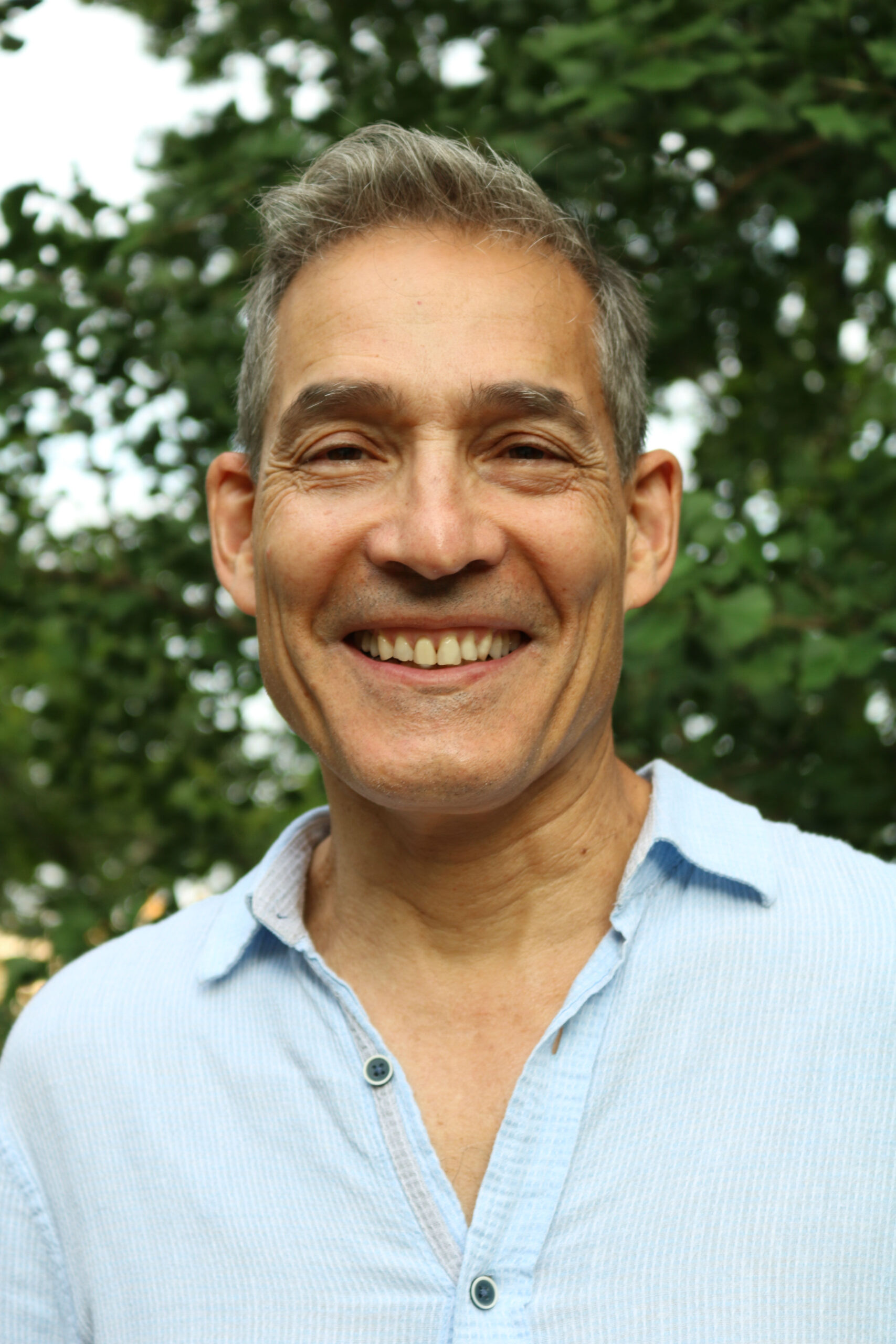Trauma and the Resilience Paradox: The Key Role of Regulatory Flexibility
How to Spot the “Hype” in the Field of Psychotherapy and in the Field of Trauma Therapy
October 25, 2023From Beliefs to Acts: Understanding the Catalysts of Conspiracy-Inspired Violence
December 4, 2023Join us on December 6th, 2023 at 10:00am-12:00pm EST
When:
Wednesday, December 6th, 2023
10am - 12:00pm Eastern
Where:
Zoom
Registration:
For Continuing Education: $35
Free general registration
About:
Decades of research has shown that response to potentially traumatic events produce various prototypical trajectories of outcome, the most common being a stable trajectory of healthy functioning, or resilience. Paradoxically, correlates of these patterns show uniformly small effects, i.e., they say little about who will be resilient and who not. Possible explanations for this paradox include the fact that the challenges presented by highly aversive situations are highly variable and that virtually all traits and behaviors have both costs and benefits. Thus, what works in one situation may not work as well, or may even be harmful, in another. How can people solve this paradox and find their way to resilience? The answer, I will propose, is through the process of flexible self-regulation. I will elaborate on this process in some detail and conclude the talk by reviewing recent studies and new directions on regulatory flexibility.
Learning Objectives:
Participant will be able to:
- Distinguish prototypical patterns of trauma reactions.
- Apply knowledge of divergent response patterns to clinical practice or in mental health settings.
- Recognize response flexibility as a key process component of resilient outcomes.

George A. Bonanno, Ph.D.
George Bonanno is an internationally renowned expert on trauma and resilience. He received his Ph.D. from Yale University and is currently a Professor of Clinical Psychology at Teachers College, Columbia University. He has conducted ground-breaking research on trauma, loss and other kinds of adversity for over three decades. He has been repeatedly listed by the Web of Science as among the top one percent most cited scientists in the world and has been honored with lifetime achievement awards from the Association for Psychological Science (APS), the International Society for Traumatic Stress Studies (ISTSS), and the International Positive Psychology Association (IPPA). His books include the Other Side of Sadness: What the New Science of Bereavement Tells us About Life After Loss and, most recently, The End of Trauma: How the New Science of Resilience is Changing How We Think About PTSD.”
Register here:
Continuing Education Registration:
For payment for CEs:
Following registration, you will be sent the zoom link.
Continuing Education (CE) information:
*Florida License Only
- 2 CE for Psychologists through APA.
- 2 CE for School Psychologists through NASP.
- 2 Credit Hours provided for LCSW, LMHC & LMFT in the State of Florida only.
- All CEs require additional CE requests during registration located on our website, a $35 fee, and an evaluation form returned to us following the training.
*Upon request, The Melissa Institute will provide a certificate of completion that can be self-reported to other state boards. We cannot guarantee that it will be accepted by other boards for approval.
The Melissa Institute for Violence Prevention & Treatment is approved by the American Psychological Association to sponsor continuing education for psychologists. The Melissa Institute for Violence Prevention & Treatment maintains responsibility for this program and its content.
IMPORTANT DISCLOSURE: None of the planners and presenters for this educational activity have relevant financial relationship(s)* to disclose with ineligible companies* whose primary business is producing, marketing, selling, re-selling, or distributing healthcare products used by or on patients.
*Financial relationships are relevant if the educational content an individual can control is related to the business lines or products of the ineligible company.
